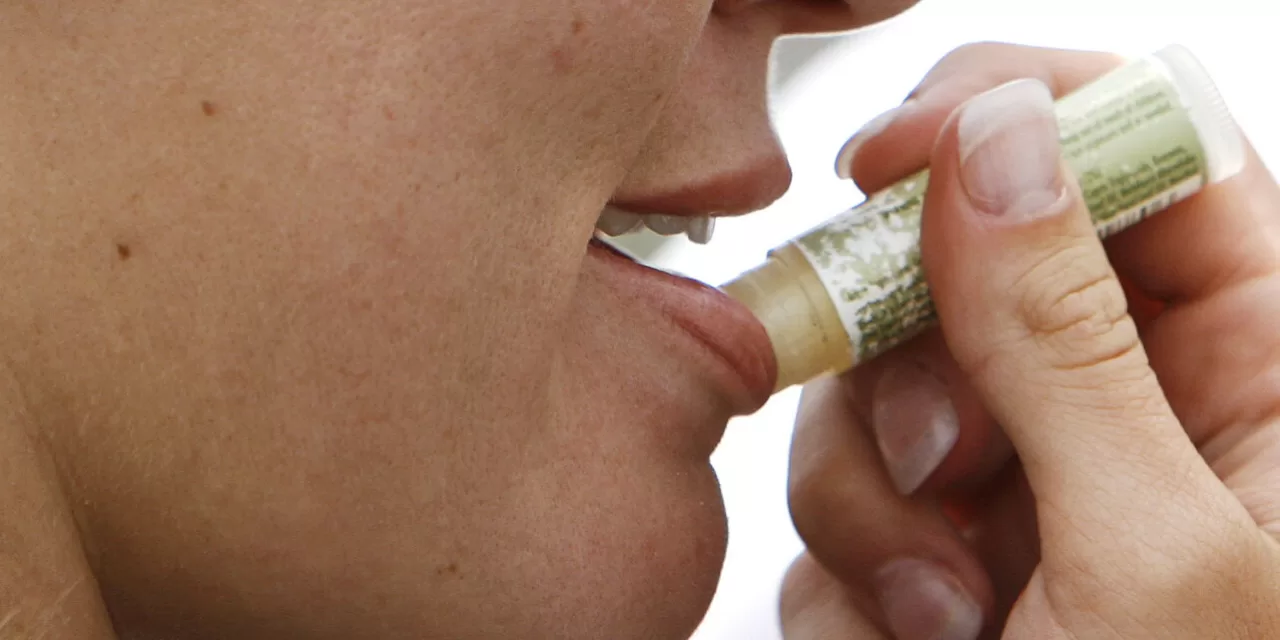A tube of lip balm may seem like the perfect antidote to dry, cracked lips. But do these over-the-counter products actually soothe flaking, or can they make the problem worse?
Though dry lips can happen year-round, they are most common during the winter. The cold outdoor air combined with low indoor humidity can strip moisture from soft, delicate lips.
Does Lip Balm Work?
Lip balm can help seal moisture into the lips, according to Dr. Jenna Lester, a dermatologist at UCSF Health.
“That is a good barrier for the external forces,” Lester said, noting that lip balm can protect against cold wind and other environmental factors.
For most people, lip balm is a useful tool in combating chapped lips. However, some individuals may be sensitive to certain ingredients found in popular balms, such as fragrances, flavors, and preservatives. These additives can sometimes cause irritation instead of relief.
“Those are the people who will say, ‘I tried these things. I thought my lips would get better, but they just keep getting worse and worse,’” explained Dr. Caroline Mann, a dermatologist at Washington University School of Medicine in St. Louis.
Ingredients to be cautious of include flavoring agents and lanolin, a waxy substance derived from sheep that is commonly found in moisturizers. Other potential irritants include the preservative formaldehyde and oxybenzone, a chemical-based sunscreen ingredient that can trigger allergic reactions.
“These allergic reactions are driven by our immune systems,” Mann said. “They can occur at any time, after any number of product uses, and may last for months even after discontinuation.”
For individuals with sensitive skin, dermatologists often recommend using fragrance-free, petroleum-based balms, commonly listed as petrolatum on product labels.
How to Soothe Chapped Lips
Aside from lip balm, there are several ways to keep lips hydrated. Covering lips with a scarf when outdoors can help protect them from harsh conditions, and using a humidifier indoors can prevent air from becoming too dry. Staying hydrated by drinking water is also essential, as dehydration can contribute to dryness.
One habit to avoid is licking the lips. Though it may provide temporary relief, saliva evaporates quickly and can pull moisture away from the skin, worsening dryness.
If symptoms persist despite these efforts, experts recommend consulting a dermatologist for further guidance.
“If you do these things, you’ll get through the winter with soft, supple lips,” Mann said.
Disclaimer: This article is for informational purposes only and should not be considered medical advice. If you have persistent lip irritation or other concerns, please consult a healthcare professional.
© 2025 The Associated Press.












